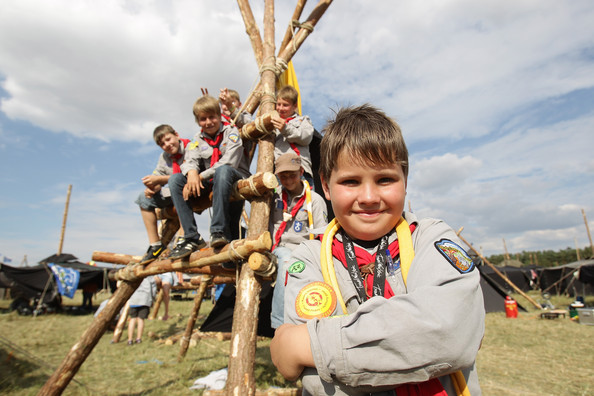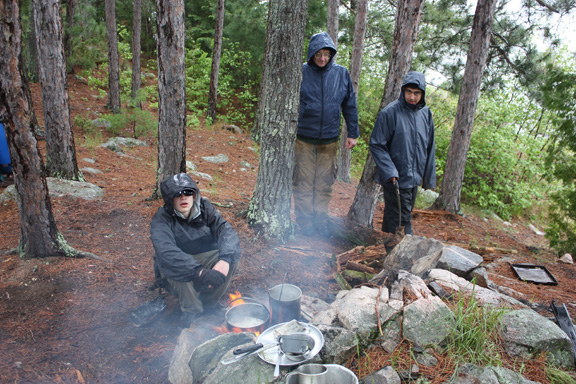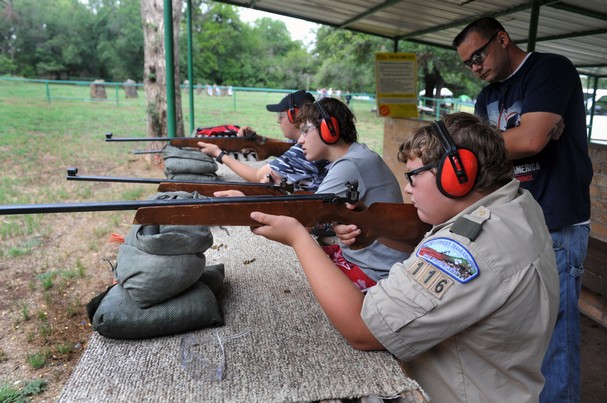Survival Lessons You Can Learn From the Boy Scouts
Being Resourceful
Boy Scouts learn how to build shelters with minimal material, fish and hunt without expensive gear and improvise when necessary. They can look at a problem and devise solutions. They are taught to face challenges with thoughtfulness and take appropriate actions instead of reacting with fear or uncertainty. They learn basic skills that often come in handy in the real world, and they think outside of the box in order to accomplish their goals.
They do this by taking trips into the wilderness, working on group projects and experiencing the joy of building things with their own hands. They face challenges that they must meet with minimal assistance from adults, and they are trained to make do with what they have. All of these have one thing in common: Preparedness.
We are better equipped to face a range of survival situations if we are prepared beforehand. Practicing, training, learning and experiencing different scenarios help us to hone our skills and think more effectively. However, being prepared is more than having the right material at our disposal. It involves making good decisions and taking advantage of opportunities when they become available.
Being Equipped
Boy Scouts never go on a mission without taking the right equipment with them. They also have the experience and tools to make things happen. Being equipped means having something on hand that will get the job done, even if it is only a skill set. Can you build a fire without matches? A Boy Scout can. Do you know how to fish without a hook and pole? Can you find and make shelter in the wilderness without a tent or tarp? Knowing how to do these things will give you the tools to face multiple challenges even if you lose your tools.
Having the Right Attitude
Boy Scouts are taught at a young age how to thrive in difficult circumstances. They are taken out of their element, given challenges and encouraged and expected to tackle them head-on. Quitting, complaining, worrying and running away are not characteristics of the attitude that is being instilled into these young minds. The result? Capable, adaptable and confident adults.
Listening Before Acting
Boy Scouts are taught to listen and take assessments of situations before making decisions. This helps them to avoid making poor judgment calls and decisions that can have serious negative consequences. This is an essential survival characteristic that all of us need to keep at the front of our minds. Making rash decisions or acting on impulse could lead to injury or death.
Being Responsible
Boy Scouts are held accountable for their actions, and others depend on them to make good choices. They know when to ask for help, they understand that decisions they make will impact others, and they don’t pass the buck when they are wrong. Responsibility is a process of trial and error that refines us through our mistakes and gives us the confidence to lead.
These are just a few of many characteristics that Boy Scouts develop and carry with them later in life. They are also essential for survival. While they experience much of their hands-on training in wilderness situations, its the character formation that really helps them to succeed, and it can help us as well. Remember that tools and skills only go so far, and our attitude and character will also contribute to how we contend with survival situations.




